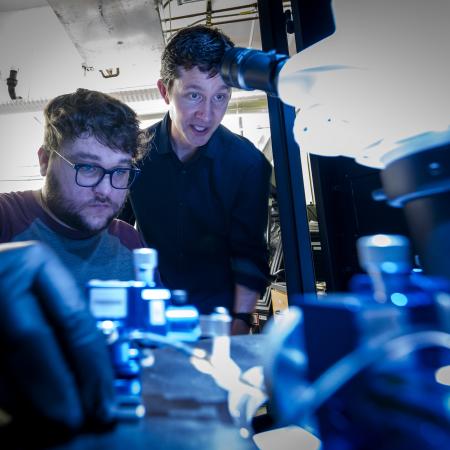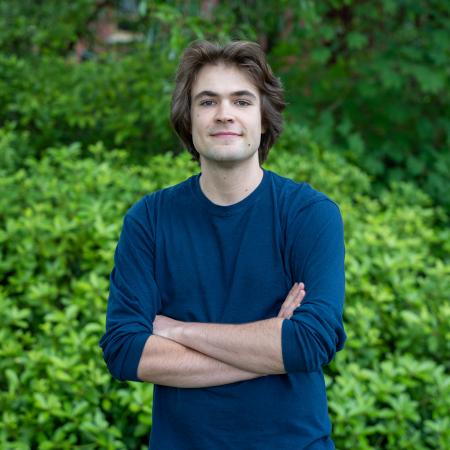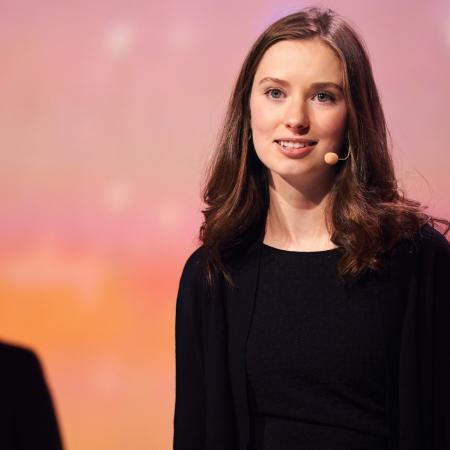The email came during winter break, shortly after New Year’s Day. Weeks had passed since Oregon State physics senior Madalyn Gragg found herself a 2024 Goldwater Scholar nominee — the nation’s top STEM award for sophomores and juniors. She’d spent the time anxiously waiting for the notification to appear in her inbox. When it did, Gragg held her breath, readied herself for rejection, and opened it.
Immediately, she assumed there was a mistake. She rushed to her parents so they could read it, but they saw the same thing she did: an acceptance letter. Out of over 5,000 applicants, she’d made it through and become the College of Science’s 28th Goldwater Scholar, the most to date of any college at Oregon State. Since 1991, Oregon State University has celebrated 48 honorees total.
“I was so shocked because on paper, all I saw was a person who hasn't taken X, Y and Z classes and has only done one year of research,” she recalled. “I had a more limited belief in myself that winning the award helped me overcome, like maybe I can become a highly contributing scientist to society.”
Coming from an environment with few pathways into science, she hopes to show others that they can follow their curiosity and ambition wherever they lead through hard work and resolve.
Pursuing her passion degree
In Gragg’s words, there’s rural, and then there’s hyper-rural. She describes her hometown of 30 to 40 people as the latter.
Growing up in such a small community meant she had to forge her own path to STEM. Her schools relied on the Title I Federal Education Program, receiving funding from the government to serve children in impoverished communities. College preparation systems assumed standard in many school districts were limited or nonexistent. Yet, she was determined to follow her passion.
Gragg recalls watching countless Youtube videos focused on STEM and driving more than 60 miles to take the SAT, which was required for undergraduate admittance at the time. But when it came to college, the barriers loomed higher than ever.






